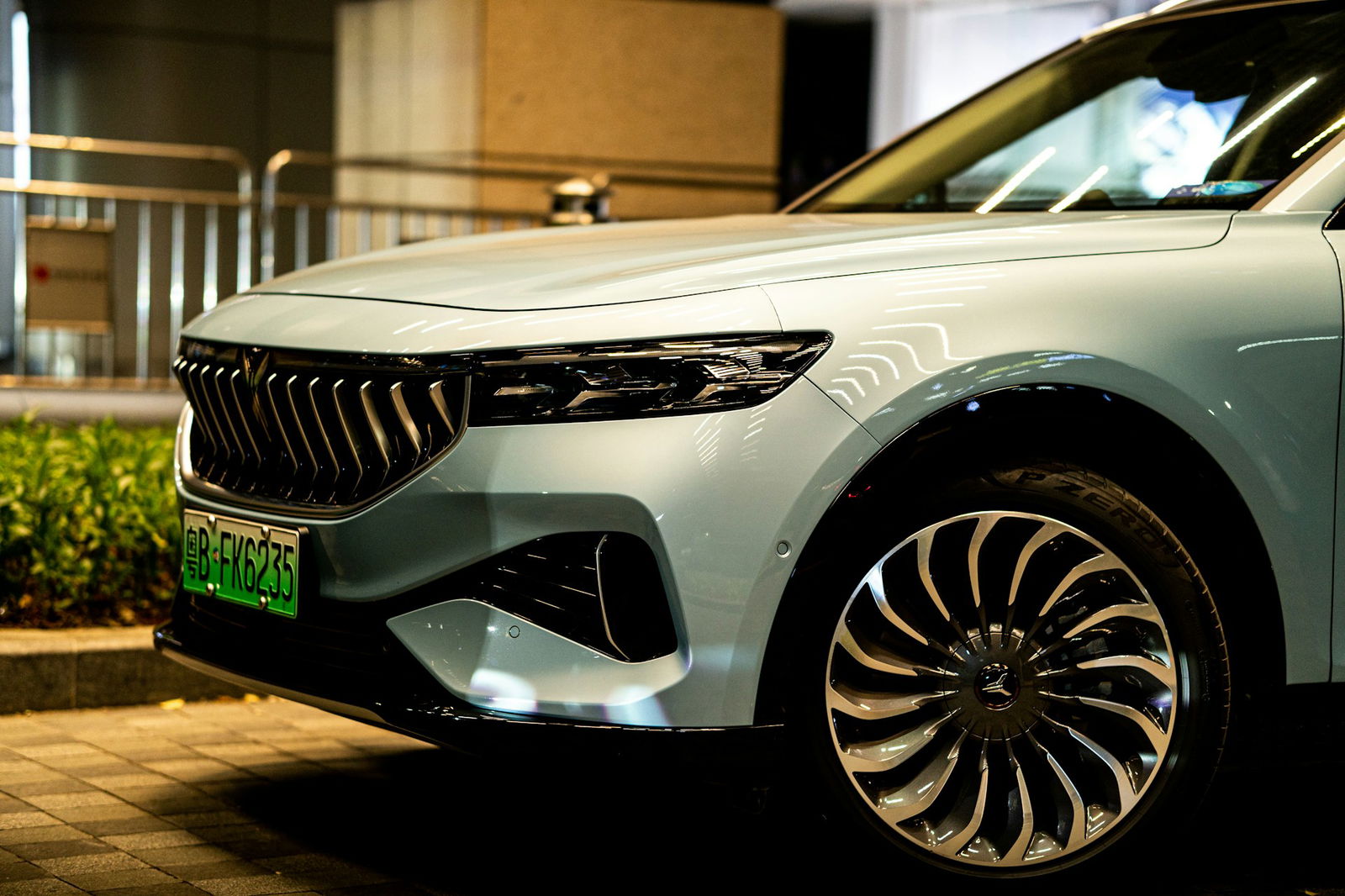The Future of Electric Vehicles: Trends and Innovations Shaping Tomorrow's Transportation

1. Autonomous Driving Technology
The integration of autonomous driving technology with electric vehicles is set to revolutionize transportation. Companies are investing heavily in developing self-driving systems that promise to enhance safety and efficiency. Imagine a world where EVs navigate traffic, park themselves, and optimize routes—all while reducing energy consumption. This synergy between electrification and automation could lead to safer roads and a more efficient transportation network.
2. Enhanced Battery Technologies
Battery technology is at the heart of the electric vehicle revolution. Recent advancements in solid-state batteries, which offer higher energy densities and faster charging times, could significantly extend the range and usability of EVs. Research is also focusing on recycling battery materials to create a more sustainable lifecycle. As these technologies mature, we can expect EVs with longer ranges and shorter charging times, making them even more appealing to consumers.
3. Expansion of Charging Infrastructure
For electric vehicles to reach their full potential, a robust charging infrastructure is essential. Governments and private companies are ramping up efforts to install charging stations across cities, highways, and rural areas. Innovations like ultra-fast charging and wireless charging are also in development, aiming to reduce charging times significantly. The convenience of charging will play a crucial role in consumer adoption, making long-distance travel in EVs more practical.
4. Vehicle-to-Grid (V2G) Technology
Vehicle-to-grid technology allows electric vehicles to communicate with the power grid, enabling them to discharge electricity back into the grid during peak demand. This creates a dual benefit: it can help stabilize the grid and provide EV owners with potential income through energy credits. As renewable energy sources become more prevalent, V2G technology will play a vital role in balancing supply and demand, making EVs an integral part of a sustainable energy ecosystem.
5. Increased Variety and Accessibility
The electric vehicle market is diversifying rapidly, with a growing range of models to suit different needs and budgets. From compact cars to SUVs and even trucks, manufacturers are recognizing the demand for electric options across all segments. This variety will help attract more consumers, making electric vehicles accessible to a broader audience. Additionally, initiatives to provide affordable EV options and financing solutions will encourage adoption in underserved communities.
6. Sustainable Manufacturing Practices
As the demand for electric vehicles grows, so does the focus on sustainable manufacturing practices. Automakers are increasingly looking to reduce their carbon footprints throughout the production process, from sourcing materials to building vehicles. This includes using recycled materials, reducing waste, and implementing energy-efficient manufacturing techniques. A commitment to sustainability not only benefits the planet but also resonates with consumers who prioritize eco-friendly practices.
Conclusion
The future of electric vehicles is poised to be transformative, driven by innovation and a commitment to sustainability. As autonomous technology, advanced batteries, and expanded charging infrastructure come together, we can expect a transportation landscape that prioritizes efficiency and environmental responsibility. By embracing these changes, we move closer to a future where electric vehicles are not just an alternative, but the norm. The journey has just begun, and the road ahead is electrifying!
- EV Charging(4)
- SaaS(2)
- Eco-friendly(2)
